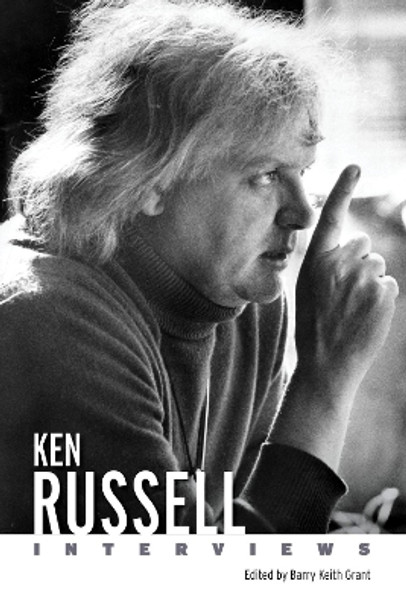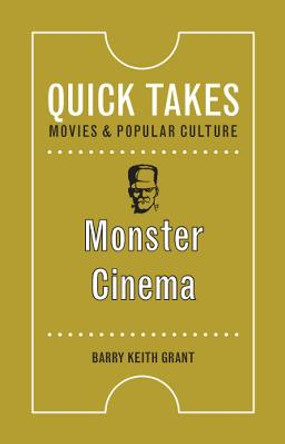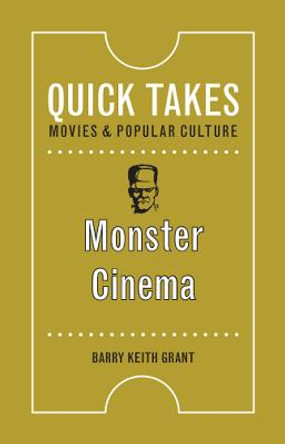Description
Russell first drew notice in the early 1960s for a series of unorthodox biographical films about artists and composers. In these early television films, Russell was already exhibiting an unconventional approach to biography that combined historical fact, aesthetic interpretation, and outlandish personal vision. After the critical and commercial success of his adaptation of D. H. Lawrence's Women in Love, Russell continued to explore the related themes of art, sexuality, and music in The Music Lovers, The Boy Friend, Mahler, Tommy, and Lisztomania. His career foundered after Valentino, however, and he found it increasingly difficult to get funding. Toward the end of his career, Russell was restricted to making movies with his own equipment, using family and friends as actors, with virtually no budget.
Throughout the ups and downs of his career, Russell alternately embraced and resented his characterization as an enfant terrible. While Russell's comments are often meant to provoke and shock, he is articulate when discussing his films, his approach to cinema, music and composers, and, of course, his critics.
About the Author
Barry Keith Grant is emeritus professor of film studies and popular culture at Brock University in St. Catharines, Ontario, Canada. He is author or editor of numerous books, including Voyages of Discovery: The Cinema of Frederick Wiseman; The Film Studies Dictionary; The Dread of Difference: Gender and the Horror Film; Documenting the Documentary: Close Readings of Documentary Film and Video; Film Genre Reader; and Fritz Lang: Interviews, published by University Press of Mississippi.
Book Information
ISBN 9781496851840
Author Barry Keith Grant
Format Hardback
Page Count 277
Imprint University Press of Mississippi
Publisher University Press of Mississippi
Series Conversations with Filmmakers Series













